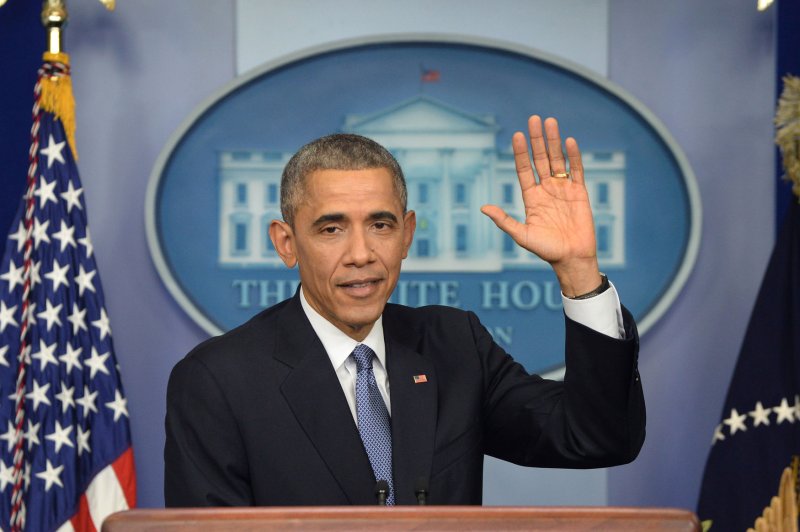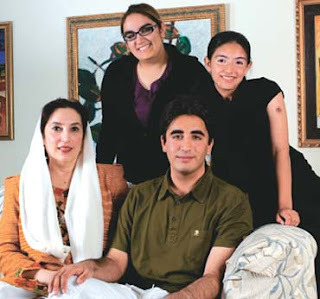
By
Mazhar Abbas
It was not the murder of Benazir Bhutto but the murder of her political narrative, which was to defeat the extremist mindset. Though belated, the Pakistani civil and military leadership finally agreed to eliminate extremism and terrorism and change the 1977 narrative. Let us see what action our civil and military leadership will take to transform this country.
Benazir Bhutto could not be defeated through electoral process so she was eliminated. Same happened with her father Zulfikar Ali Bhutto. Thus, why was she killed is more important than who killed her? Perhaps, we never get the right answer to the second part of the question. The first woman prime minister of the Islamic world was perhaps the last strong liberal voice with international stature. Today, there is no disagreement that our biggest crisis is the crisis of leadership. But, if we really manage to change our narrative as how to progress as a nation, we will also be able to find new leadership, though it may take a few more years.
Benazir was never acceptable to many forces. She was not only unacceptable to the extremists but also to the same mindset within the establishment. The question is, why? We have to go into recent history of Pakistan in order to trace the answer.
Pakistani politics and society would have been less violent had we adopted the same narratives 30 years back, which we have finally agreed a few days back in Islamabad. The civil and military leadership reached on a consensus that terrorism and extremism is a “cancer.”
They agreed that there was no more “if and buts” and took the decision that this fatal disease had to be removed. The whole nation backed this narrative.
The narrative of General Ziaul Haq was imposed on the nation and never got the people’s backing. In fact, the nation had rejected this narrative in 1984, when hardly five percent voted for it in Zia’s referendum. Among these five percent also included vote from Jamaat-e-Islami but with a dissenting voice of Naib Amir of JI, late Prof Ghafoor Ahmad, who rejected Amir JI Mian Tufail’s argument in favour of Zia and reason to support him in the referendum.
Leaders like Prof Ghafoor have a different vision and in the last a few years before his death, he had even started saying that JI’s support to Zia in the initial years was a mistake and he used Jamaat to get rid of Bhutto.
But, the Pakistani left wing, which was also used by Zia, only realised that Zia used them too, against Bhutto and in reality he wanted to prolong his rule for which he used the name of Islam.
Zulfikar Ali Bhutto was the first victim of this narrative. Zia knew that in the presence of leaders like Bhutto, it would not be possible to enforce this narrative and prolong his rule.
After Bhutto, the military dictator got no problem in implementing his narrative, which today, has turned into a “cancer.” The terrorism and extremism started getting its roots and the revolution in Iran and the Soviet intervention in Afghanistan came as blessing in disguise for him to strengthen this mindset.
Zia first tested Bhutto’s popularity when he announced elections within 90 days on July 5, 1977. He released Bhutto in order to test him and within no time his intelligence agencies reported that Bhutto would win the elections, if held in October, 1977. Thus, he postponed it and within a year, decided that it was not possible to eliminate Bhutto politically so he adopted the other path and removed him through “judicial murder.”
Perhaps, Zia and the than establishment had never thought that Benazir Bhutto, one day would emerge as his biggest challenger and that too with massive public support. They were stunned when she returned on April 10, 1986.
He used military courts and Islamic punishment only against PPP workers. They were publicly flogged and hanged and thousands were lashed. Thus, PPP had bad memories of such courts. Perhaps, that is why Chief of Army Chief General Raheel Sharif assured the political leaders that only terrorists would be tried in these courts.
Zia never thought that Benazir would return from exile and challenge her after Bhutto’s execution and witness all these punishments. Her return in 1986 surprised him and his establishment. PPP was as popular as it was in the 70s. In May 1988 Zia become the victim of his own narrative i.e. extremism and terrorism when his plane was crashed in what termed a big conspiracy.
The establishment with the same mindset then curtailed PPP in 1988 elections. She was not allowed free hand both in the elections and after the elections. She was forced to follow the same mindset and kept away from certain policies. Her government was discredited and finally sacked in 1990. However, PPP’s popularity though decreased but the establishment rigged 1990 elections which has now an established fact.
Those who believe that Musharraf has a different mindset were wrong. He only tried to portray a different narrative but it was more or less the same even after 9/11. Benazir finally became the victim of this narrative while Pakistan’s most popular parties till 2008 is now facing the leadership crisis.
“I know the danger ahead. I know they are after my life, but I am Bhutto’s daughter,” she told this scribe a few months before she arrived in Pakistan on October 18, 2007. She got the first warning on the day of her arrival with massive suicide bombing, killing 140 people. She was again warned to go back when another attempt was made on her life. She got the last warning a night before December 27.
“They wanted to keep me away from the people. It’s not in our blood and I prefer to die before my own people rather than sit at home,” she told some senior party leaders who advised her not to go to Liaquat Bagh.
“It’s never been easy for a woman to do politics in Pakistan, but the people of Pakistan made her first woman prime minister of Pakistan. It clearly showed how different was the narratives of the people and the establishment,” she added.
Bhutto factor has dominated Pakistani politics for over four decades.
Had there not been regular military intervention, we would not have been facing the challenges which we are facing today.
It’s a huge challenge to enforce the new narrative. It may take years because the forces which are likely to resist this new narrative have taken strong roots. Let us see whether the civil-military leadership succeeds in resisting the pressure or not.



















